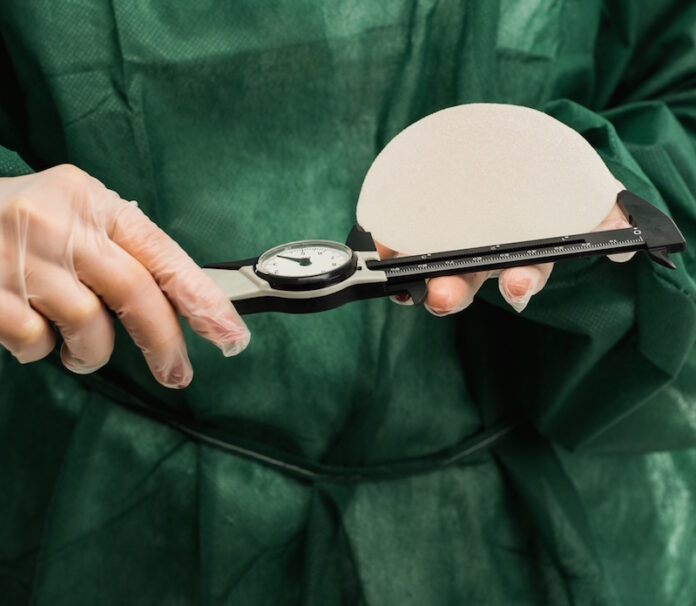Implants must now come with updating warning labels and surgeons now have to go over a checklist with their patients, which includes informing them ‘Breast implants are not considered lifetime devices.’ — AFP pic
WASHINGTON, Oct 28 – The US Food and Drug Administration yesterday strengthened regulations on breast implants, ordering that patients receive more safety information and review a checklist with their doctor ahead of surgery.
It follows complaints of a condition known as “Breast Implant Illness,” or BII, with symptoms including joint and muscle pain, fatigue and brain fog, which may be linked to an immune response against the implants.
“Protecting patients’ health when they are treated with a medical device is our most important priority,” said the FDA’s Binita Ashar.
“By strengthening the safety requirements for manufacturers, the FDA is working to close information gaps for anyone who may be considering breast implant surgery,” she added.
The agency has been looking more closely at the issue of BII since 2019, including the possible link between implants and a cancer known as anaplastic large cell lymphoma (BIA-ALCL).
The cancer is rare – the FDA has logged a total of 733 cases linked to implants, out of tens of thousands of surgeries performed a year.
Most were linked to maker Allergan, which recalled its products in 2019.
Implants must now come with updating warning labels and surgeons now have to go over a checklist with their patients, which includes informing them “Breast implants are not considered lifetime devices.”
They are also informed about potential complications including common ones like breast pain, skin or nipple sensitivity, or asymmetry, as well as rare ones such as tissue death, chronic pain and inability to breastfeed.
Patients are also informed that MRI screening is recommended five to six years after the procedure in case of silicone-gel implants, then every two to three years after that.
Saline implants do not have screening recommendations as ruptures are more easily detectable. – AFP


